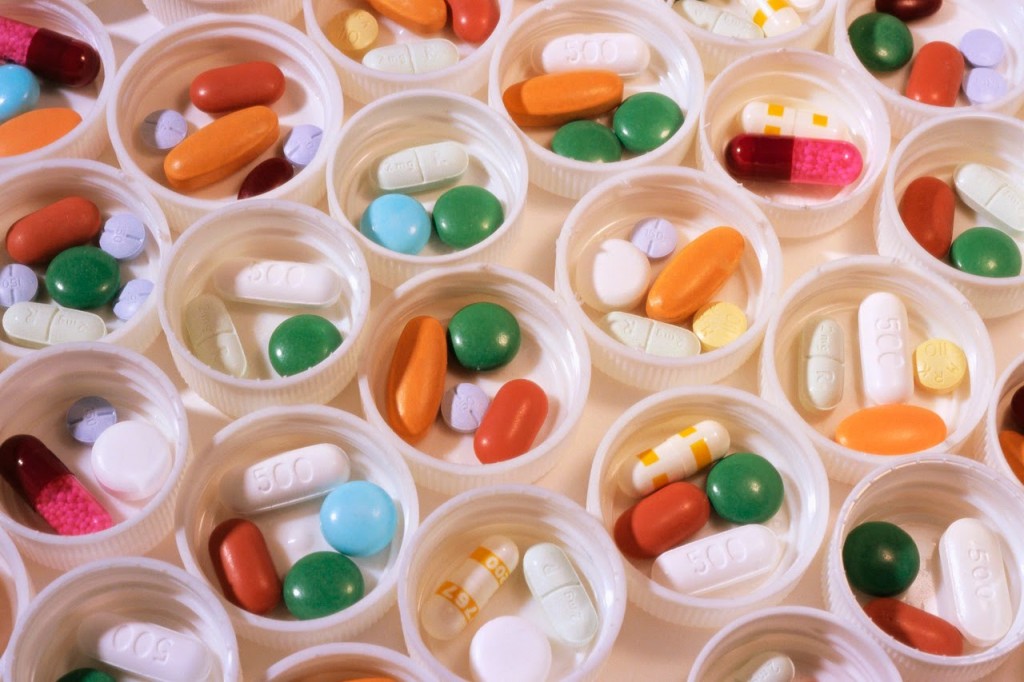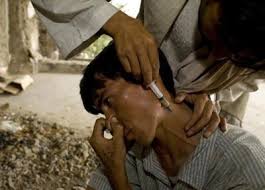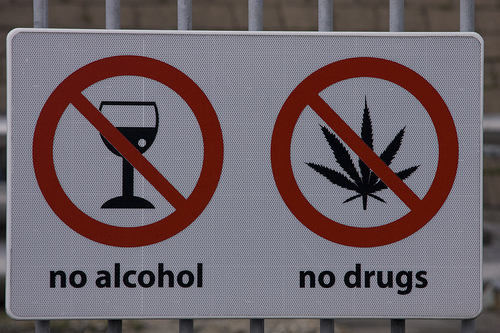Asking health questions about drug addiction

Asking health questions about drug addiction helps in building a drug free society
Asking health questions about drug addiction: Addiction prevalence
Did you know that in health there is no wrong question for those seeking for help? When you are doing through something that is affecting your health, the worst thing you can do is to keep silence about it more so when you are in the doctor’s office. Professionally doctor Dalal Akoury is advising that when you are suffering from any health condition, you should be free to ask all the questions you have even if you are poor at self-expression. In our case study here we will be focusing on the problem of substances abuse. We want therefore to give you all the time you need to express yourself in whichever way you know by asking health questions about drug addiction. On our part as experience professionals we will respond to each of them professionally. Doctor Akoury is a veteran addiction professional who has been helping many people across the globe with their addiction complication to get better and regain their lost life back. If you have any concern about drug addiction, you can schedule for an appointment with her today for the commencement of your recovery journey.
Asking health questions about drug addiction: Is continued drug abuse a voluntary behavior?
The first time one takes a drug is always voluntary, there may be some element of undue influence but the bottom line is that no force is used. However, with continued use, a person’s ability to exert self-control can become seriously impaired; this impairment in self-control is the hallmark of addiction. Brain imaging studies of people with addiction show physical changes in areas of the brain that are critical to judgment, decision making, learning and memory, and behavior control. It is due to these changes that alter the way the brain works and that explains the compulsive and destructive behaviors of addiction.
Asking health questions about drug addiction: Why do some people become addicted to drugs and others don’t?
This variation happens because of vulnerability of people differs from person to person and no single factor determines whether a person will become addicted to drugs. In general, the more risk factors a person has, the greater the chance that taking drugs will lead to abuse and addiction. Protective factors, on the other hand, reduce a person’s risk of developing addiction. Risk and protective factors may be either environmental (such as conditions at home, at school, and in the neighborhood) or biological (for instance, a person’s genes, their stage of development, and even their gender or ethnicity).
Asking health questions about drug addiction: Does environmental factors increase the risk of addiction?
Home and Family – Children are very sharp and most of their learning is through observation. It therefore means that if the family environment has people who are abusing drugs or alcohol, then this will impact on them negatively thereby increasing their risk of developing drug addiction problems.
Peer and School – Friends and associates can have a progressively strong impact during adolescence. Drug-using peers can sway even those without risk factors to try drugs for the first time
Asking health questions about drug addiction: Addiction prevalence









